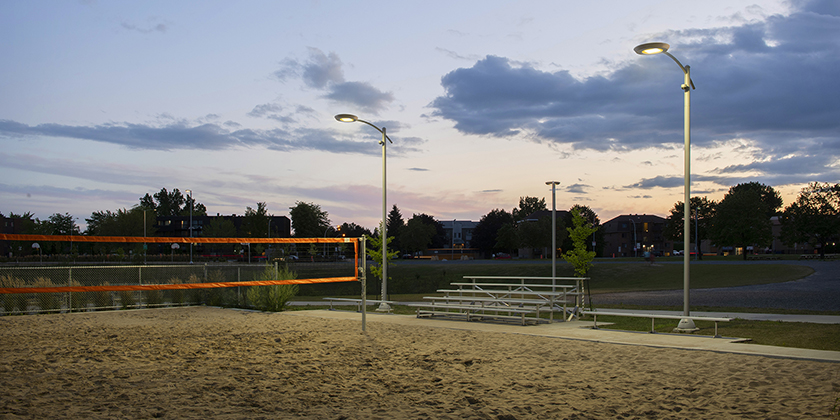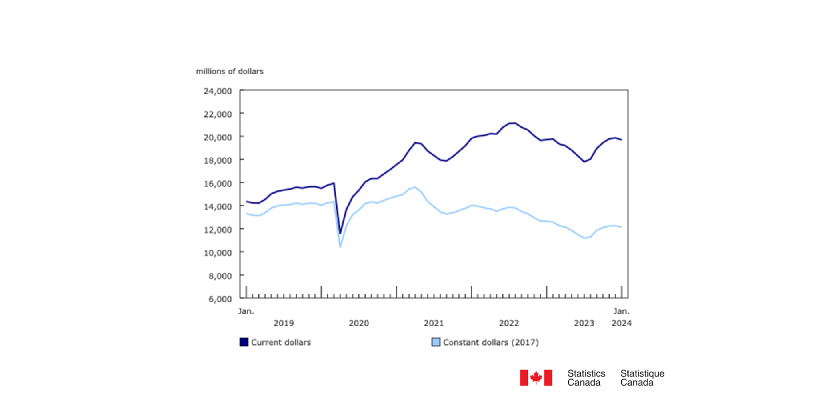Is it Time to Junk the Gas-guzzler for an Electric Car? Is it Affordable in B.C.?

Would you own an electric vehicle if it didn’t cost an arm and a leg to buy? Well, depending on the type of car you’re looking for, the math on total ownership costs is starting to point toward cost parity between full electric and gas-powered vehicles.
Last year, a study by Bloomberg New Energy Finance predicted that electric cars in the U.S. could be cheaper than gas cars by 2025. But another study released later last year, published in the journal Applied Energy, concluded that when all major costs are factored in (including purchase cost, depreciation and maintenance) electric cars are already cheaper than gas cars in the United Kingdom, Japan, Texas and California.
The truth is that electric vehicle ownership costs vary widely from region to region, in large part thanks to big gaps in gas/electricity costs and the availability of electric vehicle subsidies. But even here in B.C., where gas costs are much lower than in the UK or Japan, electric vehicles are getting much more appealing to the cost-conscious buyer.
The Canadian Automobile Association (CAA) has a popular online cost calculator that tries to sum up the difference in costs between gas vehicles and EVs. Here’s what the calculator says about a comparison between the gas-powered 2017 Toyota Camry LE and the 2017 Chevy Bolt electric.
Based on 20,000 km of driving a year over five years, the CAA calculator estimates total cost of ownership for the Camry LE at $7,802 a year, compared to $9,769 a year for the Bolt.
The big factor in CAA’s calculation is depreciation cost, which it estimates at $7,236 a year for the Bolt, to just $3,588 for the Camry. The Bolt is the big winner in annual fuel cost ($416 vs. the Camry’s $2,135), and for those who make carbon emissions a priority, just 1,469 kg of greenhouse gases over five years, versus the Camry’s 19,123 kg).
EV depreciation costs are difficult to estimate. CAA states that EV depreciation could change significantly in the coming years; for now, their estimates are based on “factors including the perception that technology is new and untested, low demand and government rebates artificially lowering the rate.”
What does that depreciation mean to the would-be EV buyer? On the one hand, it’s tempting to buy new and take advantage of B.C.’s up-to-$5,000 rebate that’s only available for new electric vehicles. But for those not hung up on buying new, the used EV market can offer some enticing deals because of that depreciation, plus there’s a $3,000 Scrap-it program subsidy when buyers of qualifying used EVs scrap their old gas guzzler.
For the complete article see: https://www.bchydro.com/news/conservation/2018/electric-car-costs-bc.html










![Guide to the Canadian Electrical Code, Part 1[i], 26th Edition – A Road Map: Section 10 – Grounding and Bonding](https://electricalindustry.ca/wp-content/uploads/2022/11/Guide-CE-Code-2.png)





